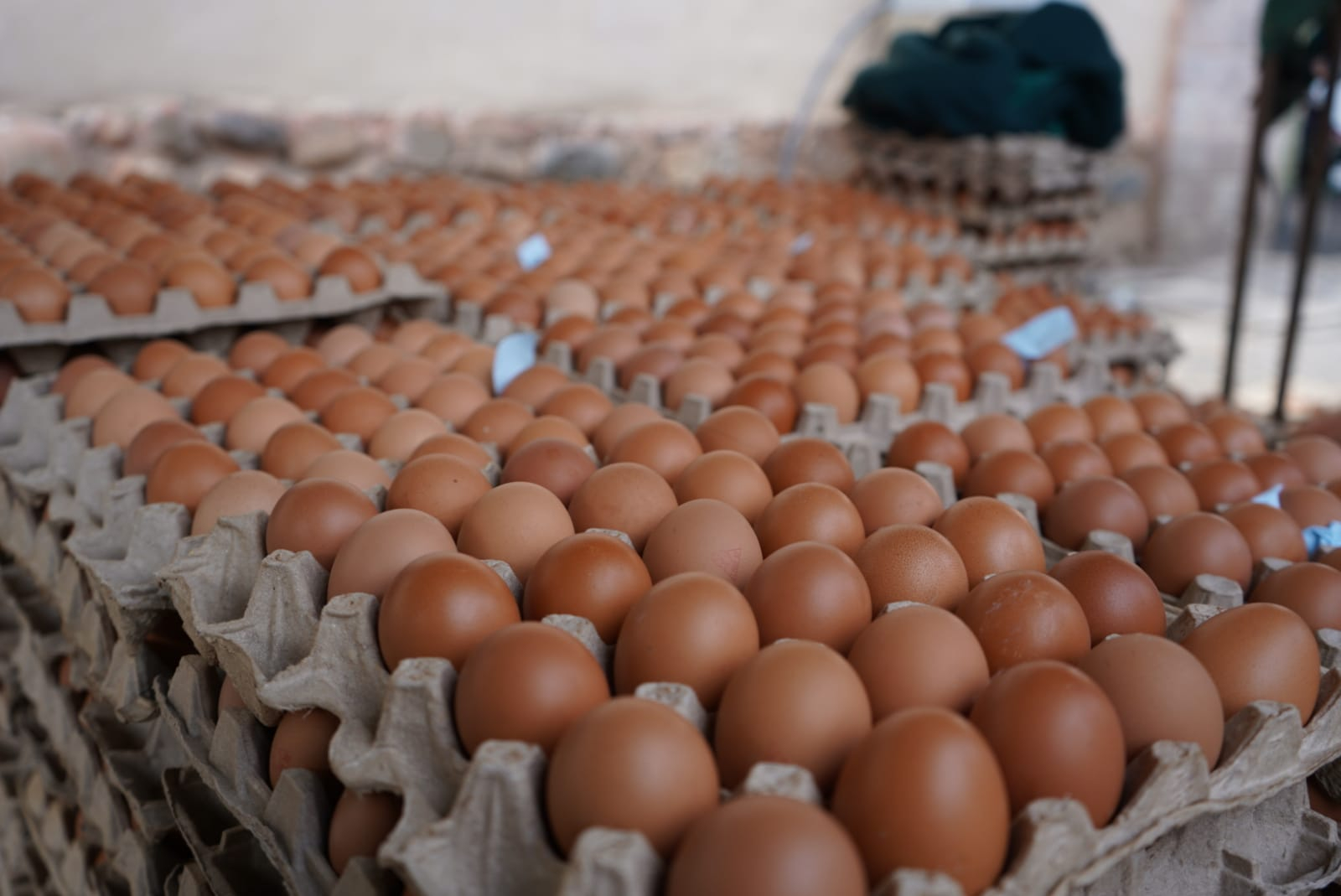
The Southern Poultry Association (AVISUR), the Northern Egg Producers Association (APROHNOR) and the Southern Egg Producers Association (APPROHSUR)) denounced that in recent months there has been a systematic entry into Peru of contraband eggs from Bolivia and Ecuador.
The unions indicate that smuggling occurs mainly in the region Juliacawhich functions as a collection center, to later be distributed in Puno, Madre de Dios, Cusco, Tumbes and Trujillo and Arequipa. In the north it is given by the border of tumbesfrom where they distribute to the northern region.
“The eggs that are entering through Tumbes reach Trujillo and are hitting hard and to the south the market of Cusco and Madre de Dios is infested with illegal eggs,” he told a press conference. Raul Salas, president of AVISUR. In addition, he added that in terms of prices, these smuggled eggs are not cheaper, since they are sold at a price similar to that of the domestic market.
According to Chambers, it is estimated that the volume of smuggled eggs amounts to 10,000 crates per week, which is equivalent to a total of 3.6 million eggs per week.
He also pointed out that this causes an imbalance in the local market, due to the fact that influenza has generated a decrease in Peruvian poultry production, affecting the biological cycle of breeding and grandparent hens, which are essential for egg production.
In addition, he warned that these batches could be contaminated with diseases, such as influenza and salmonella.
Production and price of eggs would normalize in the next 3 years
On the other hand, the AVISUR representative estimated that, due to the great decrease in the population of laying hens in the country, egg production and prices would reach their pre-pandemic levels in a maximum period of 3 years.
“Between the flu, the war in Ukraine, the rise in commodity prices and roadblocks, the bird population has fallen by up to 40% in breeding. Currently, we have gone from 25 million laying hens to 20 million,” stressed.
In addition, he added that this situation has exerted pressure on egg prices, which have experienced an increase. Added to this, there is concern of a possible outbreak of influenza due to smuggling, which hinders the ability to offer eggs at competitive prices in the market.
Source: Larepublica
Alia is a professional author and journalist, working at 247 news agency. She writes on various topics from economy news to general interest pieces, providing readers with relevant and informative content. With years of experience, she brings a unique perspective and in-depth analysis to her work.












